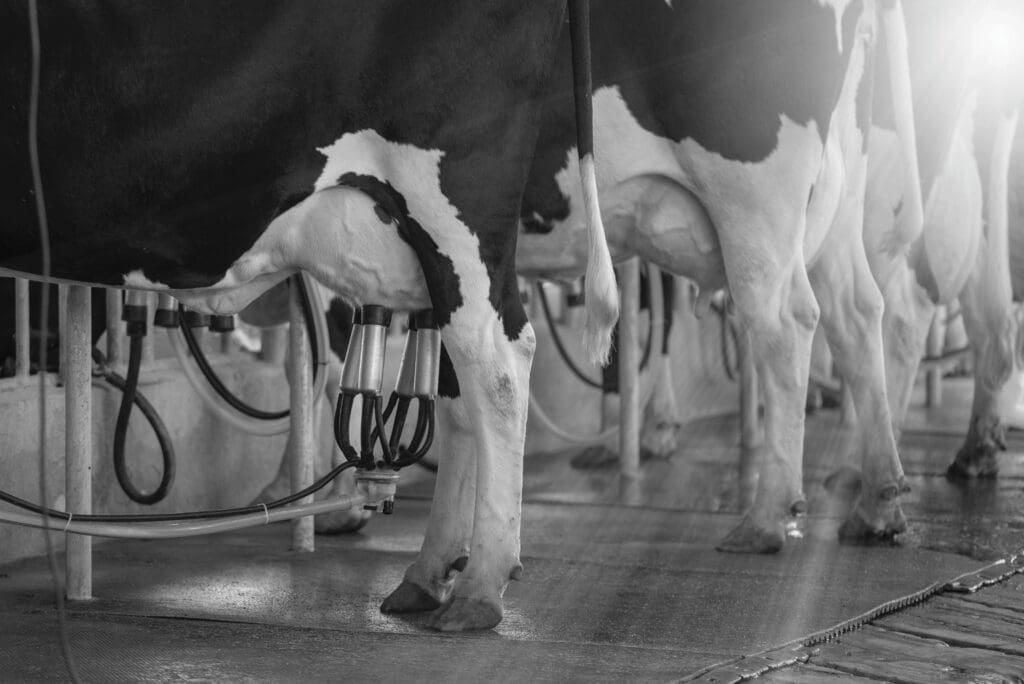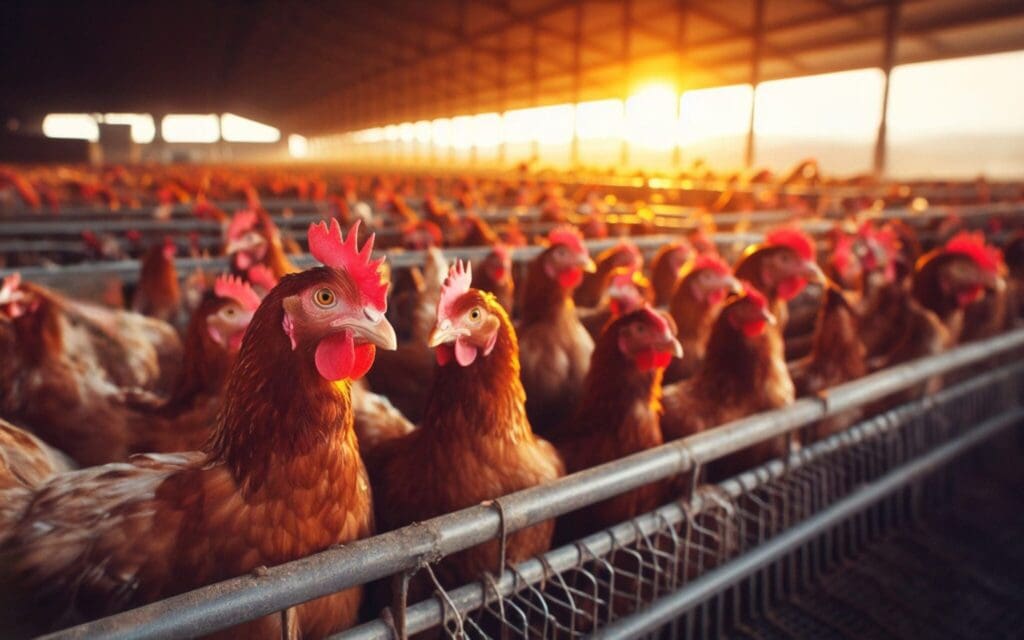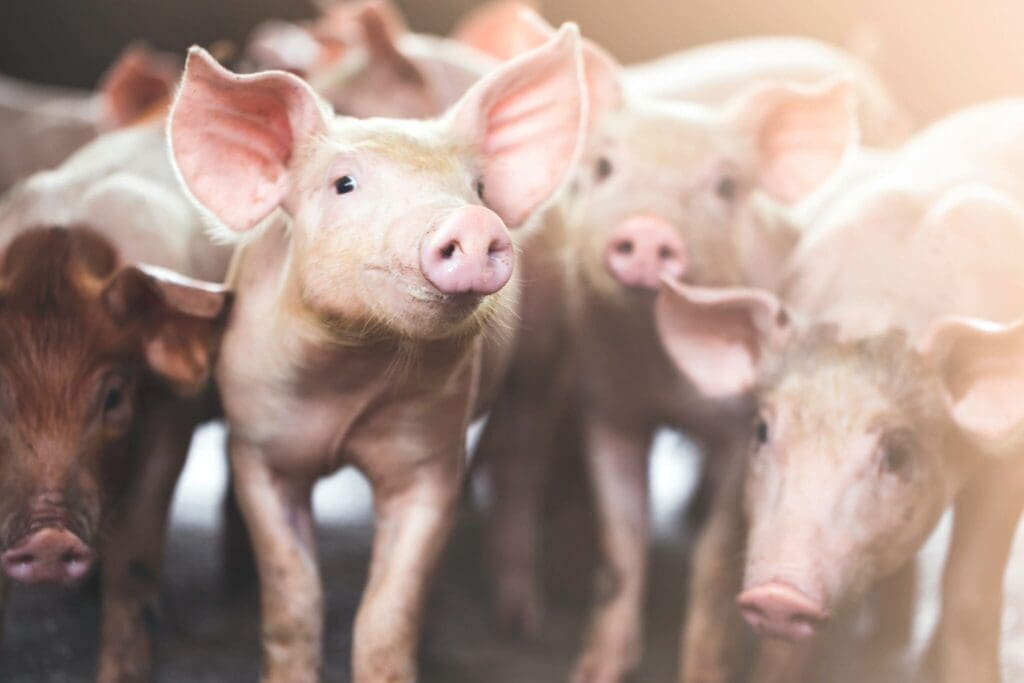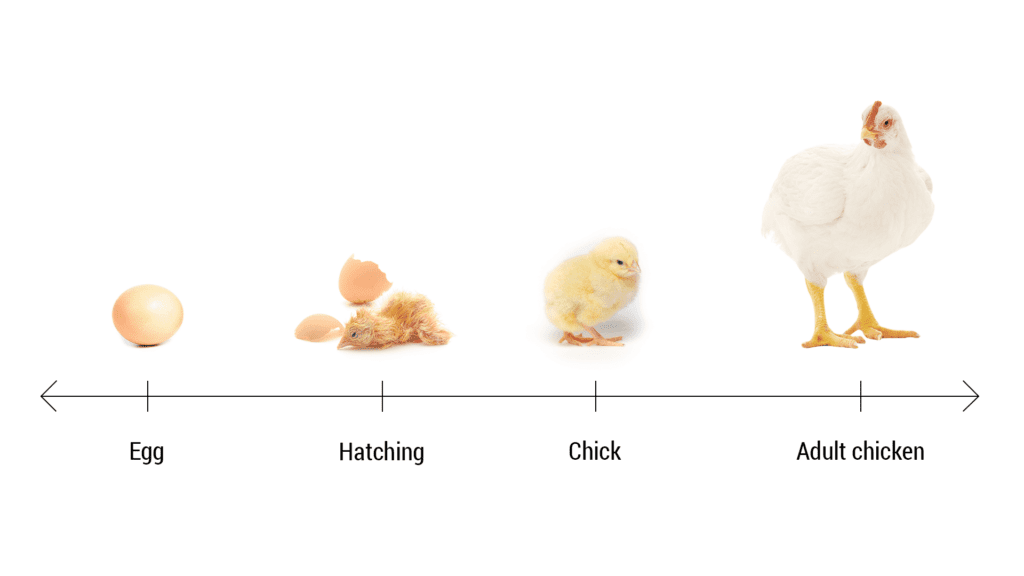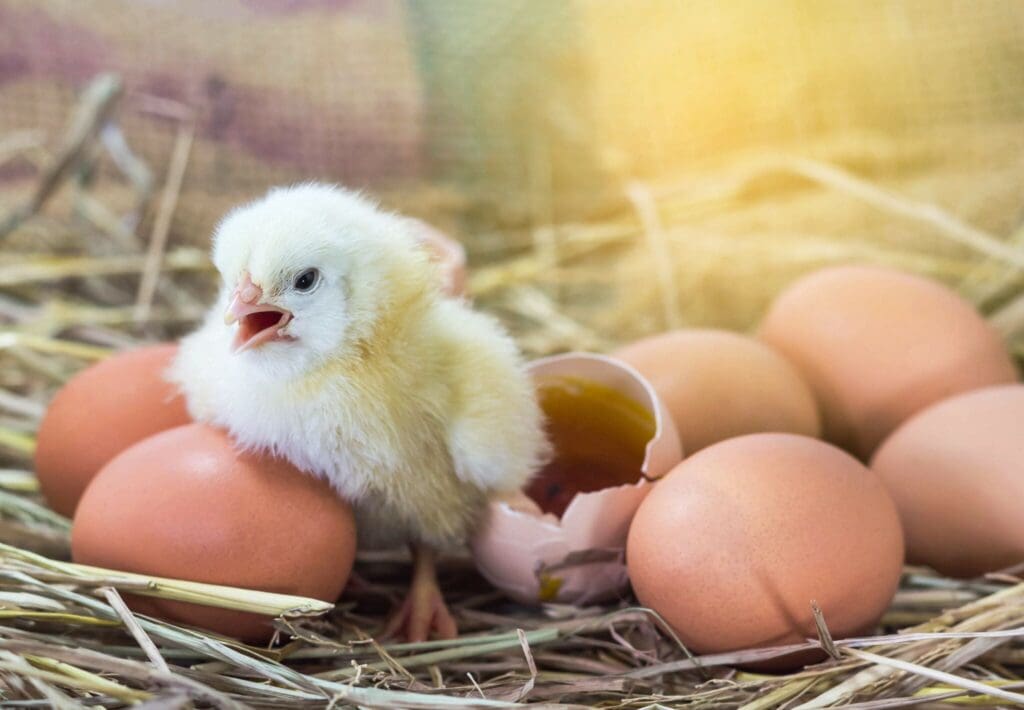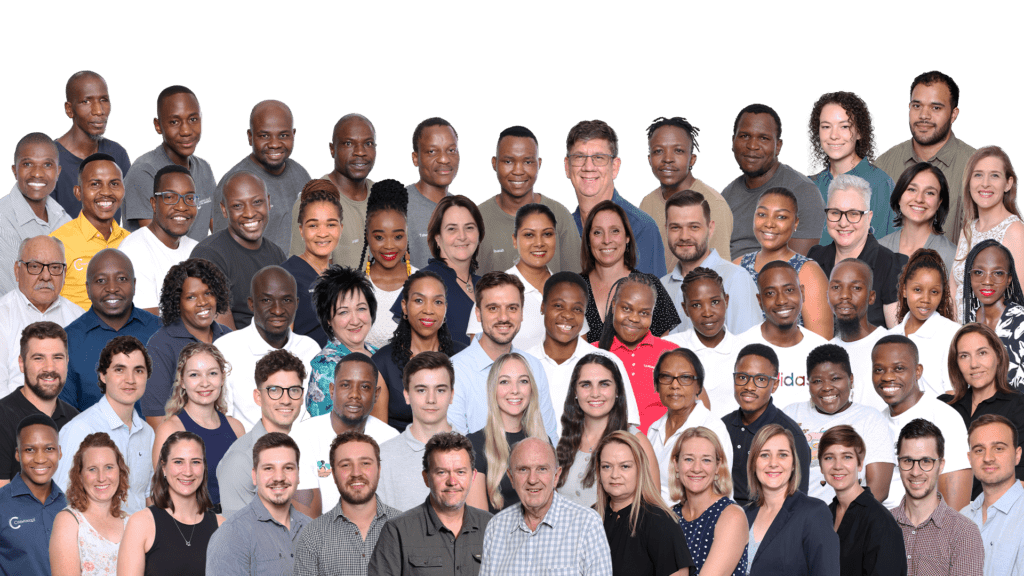“This year, I am 75 c/ℓ behind where I was last year, input costs are up 23 c/ℓ, and my milk price is down 52 c/ℓ compared to this time last year. So, what is it you wanted to talk about?”, to quote farmers from all over the country. It’s at times like these that I have to think fast, and make some rapid adjustments to the reasons I give for my two-hour drive to the farm. I can no longer say I’m there to pitch my latest efficiency-boosting feed additive. The meeting has changed from chasing sales to finding hope in a seemingly hopeless situation.Two hours later, I find myself driving off the farm – impressed, perplexed, and wondering how dairy farmers survive. How can they cope when all their best-laid plans (and their bank balance) hinge on rain falling, grass growing, pumps running, and staff showing up for work? How can they plan anything under such uncertain conditions? Then it hits me. I grew up in Zimbabwe! I have had some experience of uncertainty. What traits did I see then that I am seeing now? That evening I asked the world’s second-largest search engine, YouTube, a few questions. Here are my thoughts on developmental planning and profitability.
Make time to think
What do you think Einstein was doing when he came up with all his best theories? He was bored out of his bracket as a low-level patent clerk in a government office. So bored, in fact, that he would run so-called thought experiments and follow an idea wherever it led him. For most of us, it’s called daydreaming, but for him it opened up possibilities – not of what is, but of what could be.
Stress is the ultimate creativity killer. It is impossible to come up with great ideas when you are in panic mode. So, what’s the answer? I don’t mean try to find the time to think at the end of your busy day, I mean make time! I mean find a way to get rid of something so that you can do nothing but think for an hour or two each week! And, by the way, your farm walk doesn’t count either … you may be alone, but you are still working!

See the world a little differently
Did you know that the same part of the brain is used for recalling memories and imagining the future? Because of this, most people can only envision the future as an extension or adaptation of the present. This is why we become trapped within the limits of our own experience (thank you, Shell Scenarios, for that eloquent phrase). By interacting with people from many different backgrounds, we gain completely different perspectives from our own.
Join me for a minute in an Einstein-like thought experiment. Imagine needing to come up with a plan to ride the challenges of 2020. Image setting up five chairs in your dairy office. Now fill those chairs with your manager, a labourer, a lawyer, a trucking tycoon, and a vegan. Ignore for a moment the shouting match that would most probably ensue and pretend they could all have a civil conversation. What perspective would each bring to the discussion? And, here’s the hard part, what positive perspectives could you take from each of their contributions?
Think from the outside in
Seeing the world from a totally different angle is very difficult if we try to do it on our own. Getting together with other business owners allows for a flow of ideas that can often help remove major blockages in our own thinking. Coaching is a great way of meeting other like-minded business owners. When I was in coaching and running a business, I got my client management system from a lawyer, my sales process from a car dealership, and my staff management plan straight from the army. How many crazy, external ideas do you entertain? Putting yourself in the way of some crazy ideas is often more useful than attending a moaning session along with friends, where braais and beers feature prominently.
What-if scenarios
People who have the best chance of success are seldom surprised by terrible events. Those who cope best have built resiliency, not only into their businesses, but into their lifestyles. The biggest companies in the world use scenario planning to attempt to understand how sense can be found in chaos.

Think big, then think small
Don’t start with questions like: “How do I irrigate my ryegrass on Block D7 without Eskom?”, but rather with: “If I had half my water rights, what crops would I choose to plant” or “What can my farm realistically carry under the worst circumstances imaginable?”
When it comes to planning and profitability, you need to start with questions like: “What are you willing to lose and why?” Start by thinking big, with the major things that are beyond your control, such as weather, politics, etc. Consider what impact these things will have on people’s behaviours and attitudes. How might changes in these areas affect you and your business? What can you do in the meantime to build relationships that can withstand these changes?
Planning and profitability
Only by opening ourselves up to new ideas and carving space to think about these possibilities can we plan for uncertainty. We will then not only survive but thrive, no matter what comes our way.
Alex Jenkins is a technical specialist in the ruminant team at Chemuniqué and holds a master's degree in animal science from the University of KwaZulu-Natal.
